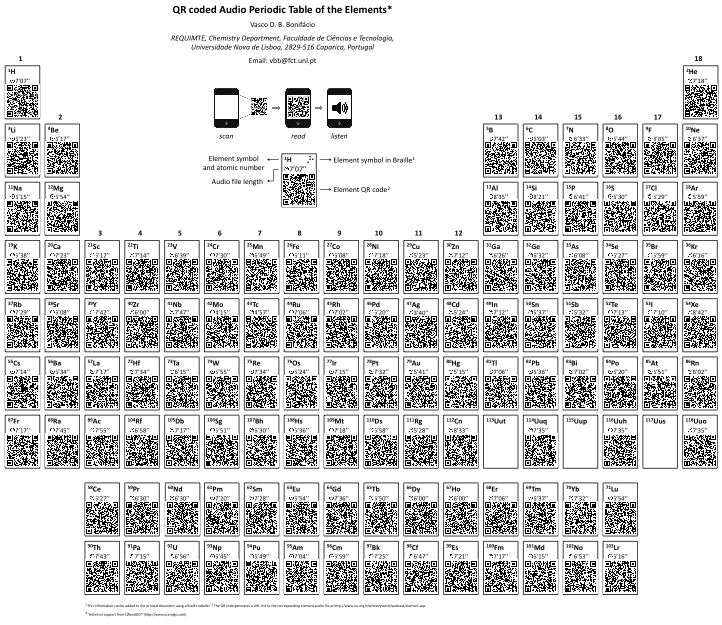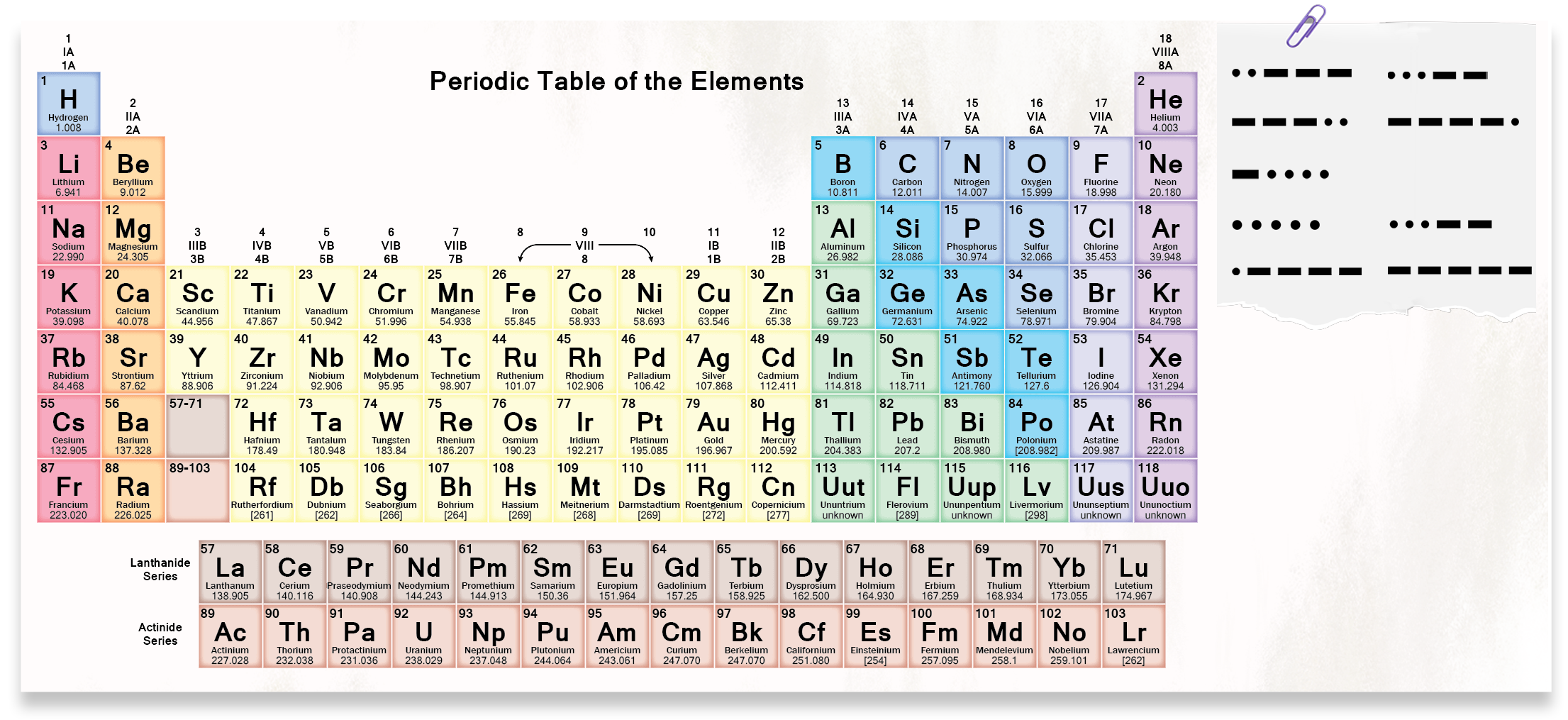
Regulatory bodies in the United States and around the globe have discussed the ethical and social impact of nanomaterials, and we will investigate their role is assuring the nanomaterials we use leave a positive impact on the world. As we look to future applications, we will debate the implications of these materials on the environment, human health, and safety. Discussions of medicines, electronics, catalysts, additives, and imaging agents that include nanoparticles will allow us to explore the wide range of current directions of nanotechnology. We will explore the properties of these materials and why quantum mechanical effects allow for this scale to be so important. In this seminar, we will discuss what is so special about the size range of 1-100 nm (the nanoscale) and why particles of this size have such a unique niche in nature and technology. Modern techniques have allowed scientists to better study small materials, and the nanotech we read about in science fiction novels can now become real products found in our world. Over the past 20 years, nanotechnology has been a booming area of research in chemistry, biology, physics, engineering, and medicine. What's So Special About Nanomaterials? (Fall 2021 Katherine Gesmundo)
#Periodic table chemistry 201 how to
This course analyzes the goals of scientific writing by examining texts that represent different levels of communication, including how to use the visual language of comic books for conveying complex scientific ideas. Whether conveying the technical details of an experiment for a colleague or translating the impact of a study for the public, scientists need to discuss complex ideas with different audiences. How we communicate complex ideas, from comic books to journal articles: exploring effective scientific communication through graphic novels: Clear and concise communication is highly valued in many STEM fields. Science and the Scientist: How we communicate complex ideas, from comic books to journal articles (Fall 2021 Veronica Berns) **First-Year Seminar Courses are Not Open to General Enrollment** Research Centers, Institutes, and FacilitiesĬourse Descriptions CHEM-105-6 – First-Year Seminar.Postdoctoral Fellows and Visiting Scholar Process.Areas of Research ExpandAreas of Research Submenu.

#Periodic table chemistry 201 professional


2023 Newsletters Expand2023 Newsletters Submenu.


 0 kommentar(er)
0 kommentar(er)
